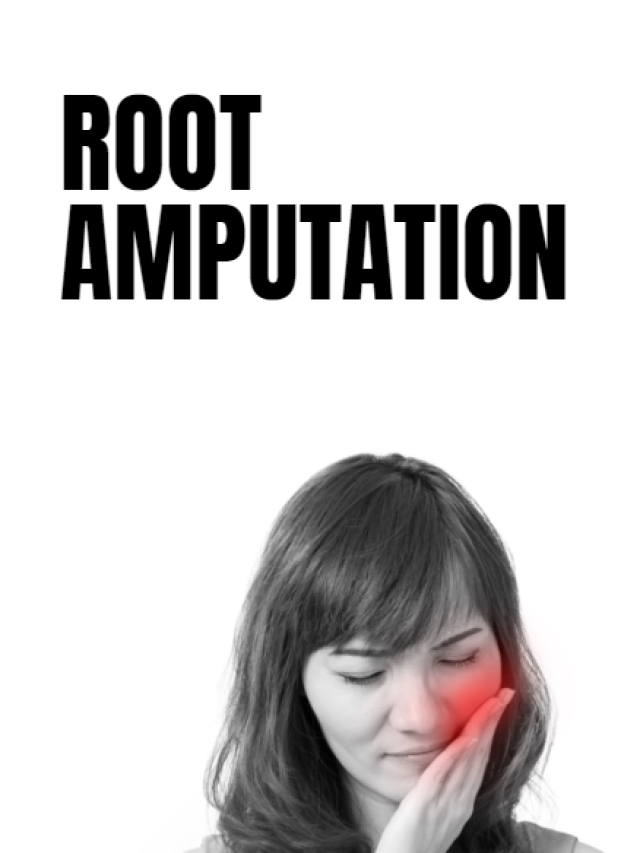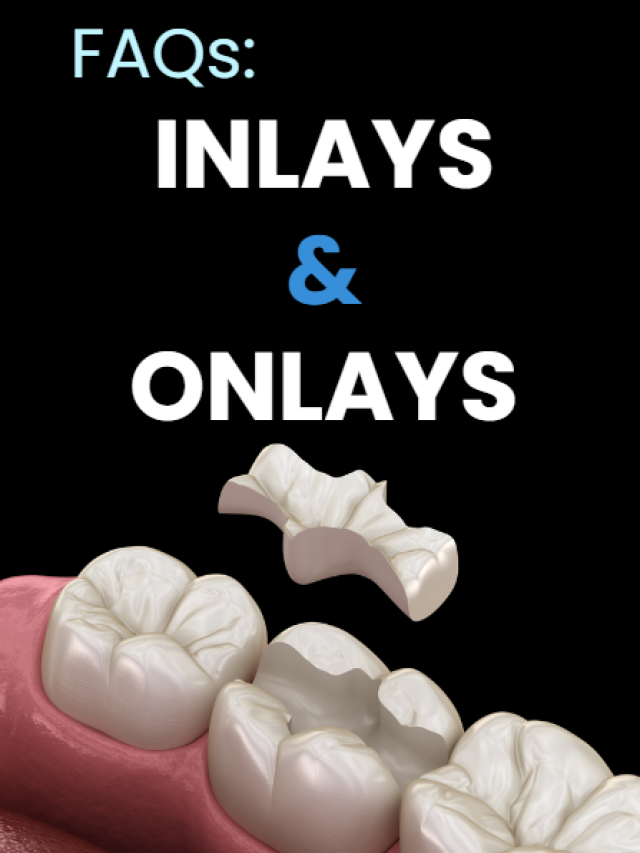Save Your Tooth! Resolve Lingering Pain, Recurrent Infections with a Specialist in Root Canal Retreatment
According to the American Association of Endodontists, Root Canal Therapy (RCT) has a high success rate, exceeding 97%. Despite being a well-established, clinically-proven dental treatment, RCT-treated teeth may fail to heal properly following the procedure. Over time, new challenges to oral health can arise that threaten the tooth’s structural integrity. Fortunately, individuals in and around Beverly Hills, California, can benefit from the expertise of an endodontic specialist: Dr. Fanny Yacaman.
As an endodontist, Dr. Yacaman is skilled at initial RCT and retreatment options. While other dental practices may recommend extraction, Beverly Hills Advanced Specialties of Dentistry has the advanced expertise and technologies to preserve a tooth that has been formerly treated with root canal therapy. In addition to non-surgical RCT retreatment options, Dr. Yacaman is trained in and experienced in various surgical treatments.
These surgical procedures are designed to resolve inflammation and infections within the innermost part of the tooth: the pulp chamber. So, there are numerous ways our specialty center can restore the health of severely damaged teeth. In doing so, we preserve the “best” tooth: a natural one. By maintaining natural teeth (instead of undergoing extractions), our patients avoid the need for tooth replacement. The process of getting new teeth is generally more time-intensive and costly. Moreover, no tooth is superior in form and function to a natural, healthy one!
Lastly, damaged teeth are generally restored with dental crowns. Our in-house prosthodontist, Dr. Frank Vidjak, specializes in restoring damaged tissues – everything from dental restorations to regenerative periodontal (gum) techniques. Patients have considerable peace of mind that the restored tooth, visible above the gum line, will look indistinguishable from surrounding natural teeth. Additionally, Dr. Vidjak’s restorations are built to last and function naturally and efficiently.
When Retreatment May Be Necessary
The signs that a treated tooth may require additional treatment are similar to those symptoms that led you to the dentist in the first place and your initial treatment. They include:
- Extreme pain, especially when chewing food
- Swollen gums or abscesses
- Persistent sensitivity, following the tooth’s exposure to a hot, cold, or sweet beverage or food
- Dark gums or discoloration of the teeth
These symptoms can arise if the RCT fails to resolve deep infection or inflammation. RCTs may initially fail due to unique anatomical challenges, for instance, narrow root canals. Dr. Yacaman has the specialized skill and tools to treat such challenging or unique cases. Additionally, if a patient puts off restoring the treated tooth with a crown, it can lead to reinfection or impede healing because the tooth is not properly protected. If a successfully treated tooth requires retreatment, it may be due to inconsistent oral hygiene that leads to new decay. A tooth may also become fractured and allow harmful bacteria to enter the tooth.
The process of retreatment itself is very similar to the initial RCT. We use sophisticated diagnostics to assure the tooth has been properly and completely sterilized. We encourage you to contact us to find out more about the process. Call Beverly Hills Advanced Specialties of Dentistry at (310) 861-3955 with your questions and schedule an appointment. For your convenience, you may also book an appointment online.
Frequently asked questions
Root canals fail when all of the bacteria are not eliminated during the procedure or reenter the tooth after the process has been completed or due to narrow root canals.
Extreme pain, especially while biting food, swollen gums or abscesses, prolonged sensitivity after exposing the tooth to a hot, cold, or sweet beverage or meal, dark gums or tooth discoloration are symptoms that a treated tooth may require additional treatment.
The cost varies depending on how hard the treatment is for various reasons. Because your restoration and filling material may need to be removed for the new operation, the process will most likely be more complicated than your initial root canal treatment.
Endodontic surgery should be considered if nonsurgical retreatment is not possible. During this procedure, an incision is made to gain access to the root tip.
It is preferable to keep your natural tooth wherever possible. Retreated teeth might last for many years, perhaps a lifetime.
The skilled doctors at our practice are Frank M. A. Vidjak, DDS, MSEd and Fanny Yacaman, DDS, MSEd, MS.


















